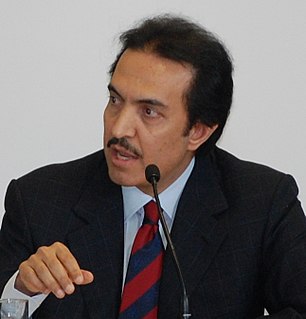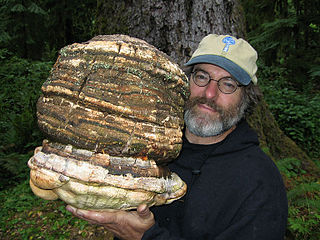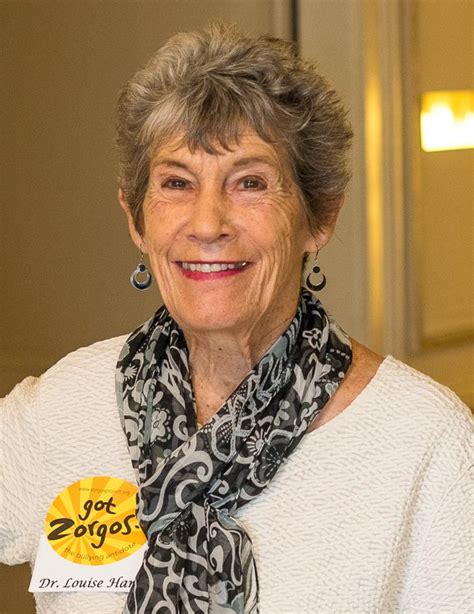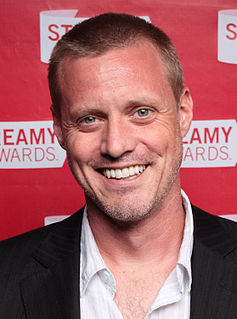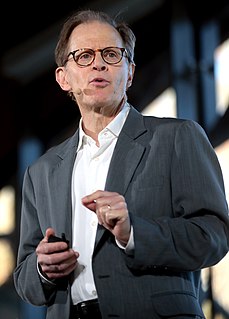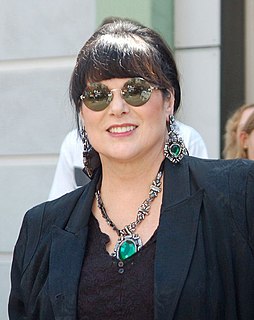A Quote by Robert Sapolsky
When it comes to how neuroscience could help the wider public, the worst thing is when we make advances in, say, mindfulness, and then decide that everybody can potentially think their way to curing themselves or develop their own psycho-neuro-immune mechanisms for boosting cancer defenses.
Related Quotes
Marketers spend millions developing strategies to identify children's predilections and then capitalize on their vulnerabilities. Young people are fooled for a while, but then develop defense mechanisms, such as media-savvy attitudes or ironic dispositions. Then marketers research these defenses, develop new countermeasures, and on it goes.
If you really want to help, then help others to be more present. Help others to free themselves from the past. Help others to take responsibility for themselves. Help them to see how they are creating their own suffering. Every now and then, you will encounter innocent ones who are suffering through no fault of their own, particularly animals and children. Do not hesitate! Help them.
In healthy families, children discover (through being listened to) that what they have to say is important and that their experiences and ideas (and they themselves) have worth. They are encouraged to think for themselves, express opinions, and make decisions for themselves. Parents supporting them in standing on their own two feet and doing what they think is right. Trusting and gaining confidence in themselves, they develop an inner locus of control.
I think that if there's some innovative entrepreneurs out there who can help teach people how they can cost-effectively help themselves and their planet, I think everybody would be for it. That's going to be the challenge - figuring a way to get the marketplace and commerce to teach us consumers another way.
I studied neuroscience at the cellular level, so I was looking at learning and memory in the visual cortex of rats. Neuroscience mainly exposed me to a way of thinking - about experimentation, about what you believe to be true and how you could prove it - and how to approach things in a methodical manner.
Recent studies of mindfulness practices reveal that they can result in profound improvements in a range of physiological, mental, and interpersonal domains in our lives. Cardiac, endocrine, and immune functions are improved with mindfulness practices. Empathy, compassion, and interpersonal sensivity seem to be improved. People who come to develop the capacity to pay attention in the present moment without grasping on to their inevitable judgments also develop a deeper sense of well-being and what can be considered a form of mental coherence.
The thing I get the most [in public] is, 'Hey, Eugene.' You know what I mean? There's no catch phrase like: 'What a week I'm having.' People will actually just say, 'Hey, Eugene' or 'Hi, Eugene.' It's a great thing; they feel that comfortable calling me by my first name. It's not being forward. It depends how you say it. I think they can't help themselves. They think they know me. I find it gratifying.
Everybody has to solve that "meaning of life" and purpose question for themselves. Everybody does it their own way. I think you have to be thoughtful about the way that you're doing it. So I describe it as purpose. If you can think about leading a purposeful life - not just an accumulation but you actually make the world a better place - then I think in the grand scheme of the universe, that that explains our existence. If not, we're just passing through. We're grains of sand and we're blowing in the breeze.
There are many stories of people didn't set out to make a film that became a classic - the whole process was a disaster, everybody hated each other, the movie itself was a disaster, everybody thought the movie and the script was going to be a piece of crap. Look at Alfred Hitchcock and Psycho. Nobody wanted to make Psycho; it was crap to them. The only person that wanted to make Psycho was Hitchcock. Now, it's considered a classic and a work of art.

